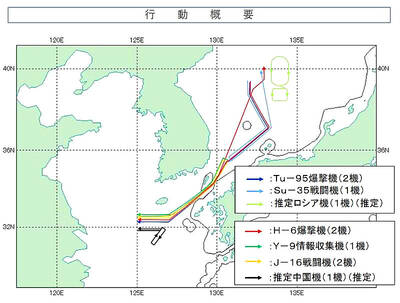A Democratic Progressive Party (DPP) legislator proposed a bill yesterday that aims to downsize the Examination Yuan — the government branch that oversees civil servants.
The proposed amendment to the Organic Law of the Examination Yuan (考試院組織法) would limit the number of Examination Yuan members to 11, with no more than 50 percent of the members being from the same political party. The amendment would also shorten the term of the members from six years to four years, to coincide with the terms of the president and the legislature.
SPARE TIME
DPP Legislator Tsai Huang-liang (蔡煌瑯) said Examination Yuan members were not as busy as the public thinks because they are mainly in charge of making civil service policy, with the examinations to recruit civil servants under the control of the Ministry of Examination.
In the US and Japan, agencies overseeing the civil service system are run by only three to five officials, Tsai said.
Examination Yuan positions promise “high pay and good benefits, but little work,” which is inconsistent with social justice, Tsai said.
At present, the 19 Examination Yuan members are each paid NT$184,960 (US$6,000) per month — the same as a ministerial-level official, which means each member earns more than NT$13.31 million over six years, Tsai said.
However, many members have such an easy work load they can also work part-time as writers or professors to earn extra income, he said.
VOTING TODAY
As it is impossible for the bill to clear the Legislative Yuan by today — when legislators are scheduled to vote on the nominations for Examination Yuan members — Tsai suggested that the legislature reject the nominations so that President Ma Ying-jeou (馬英九) can revise his list.
Alternatively, the legislature could approve only 11 nominations today and amend the law later, he said.
The legislature is currently reviewing Ma’s Examination Yuan nominations.
The DPP has criticized the Chinese Nationalist Party (KMT) for making Examination Yuan positions a reward for party loyalists, with 12 of the 19 nominees affiliated with the KMT.
See EDITORIAL on page 8

Theaters and institutions in Taiwan have received 28 threatening e-mails, including bomb threats, since a documentary critical of China began being screened across the nation last month, the National Security Bureau said yesterday. The actions are part of China’s attempts to undermine Taiwan’s sovereignty, it said. State Organs (國有器官) documents allegations that Chinese government officials engage in organ harvesting and other illegal activities. From last month to Friday last week, 28 incidents have been reported of theaters or institutions receiving threats, including bomb and shooting threats, if they did not stop showing the documentary, the bureau said. Although the threats were not carried out,

The Mainland Affairs Council (MAC) on Friday condemned Chinese and Russian authorities for escalating regional tensions, citing Chinese warplanes crossing the Taiwan Strait’s median line and joint China-Russia military activities breaching South Korea’s air defense identification zone (KADIZ) over the past two days. A total of 30 Chinese warplanes crossed the median line of the Taiwan Strait on Thursday and Friday, entering Taiwan’s northern and southwestern airspace in coordination with 15 naval vessels and three high-altitude balloons, the MAC said in a statement. The Chinese military also carried out another “joint combat readiness patrol” targeting Taiwan on Thursday evening, the MAC said. On

The Mainland Affairs Council (MAC) yesterday confirmed that Chinese students visiting Taiwan at the invitation of the Ma Ying-jeou Foundation were almost all affiliated with the Chinese Communist Party (CCP). During yesterday’s meeting convened by the legislature’s Foreign Affairs and National Defense Committee, Democratic Progressive Party (DPP) Legislator Michelle Lin (林楚茵) asked whether the visit was a way to spread China’s so-called “united front” rhetoric, to which MAC Deputy Ministry Shen You-chung (沈有忠) responded with the CCP comment. The MAC noticed that the Chinese individuals visiting Taiwan, including those in sports, education, or religion, have had increasingly impressive backgrounds, demonstrating that the

MILITARY EXERCISES: China is expected to conduct more drills in the region after President William Lai’s office announced he would stopover in Hawaii and Guam China is likely to launch military drills in the coming days near Taiwan, using President William Lai’s (賴清德) upcoming trip to the Pacific and scheduled US transit as a pretext, regional security officials said. Lai is to begin a visit to Taipei’s three diplomatic allies in the Pacific on Saturday, and sources told Reuters he was planning stops in Hawaii and the US territory of Guam in a sensitive trip shortly after the US presidential election. Lai’s office has yet to confirm details of what are officially “stop-overs” in the US, but is expected to do so shortly before he departs, sources